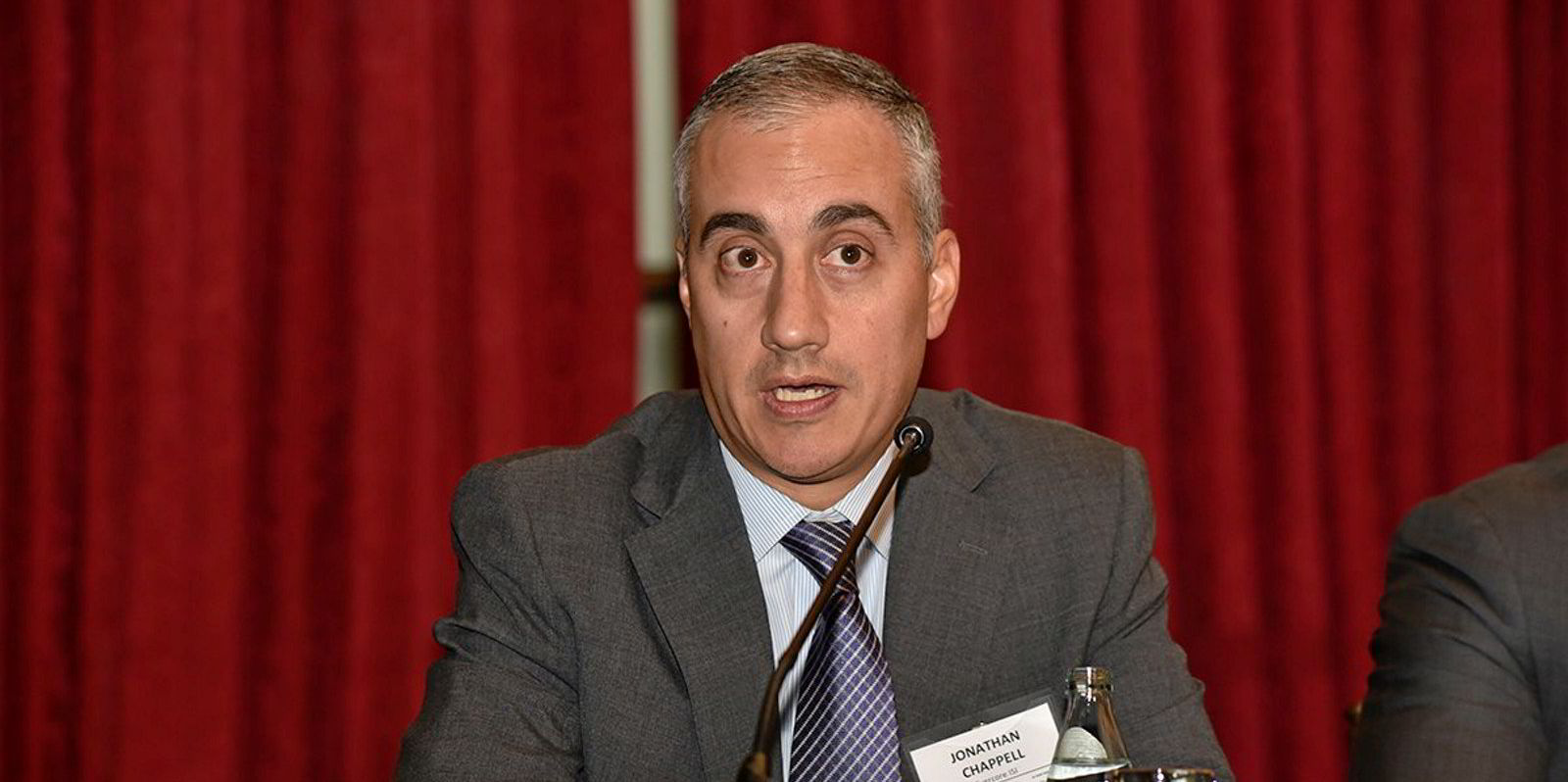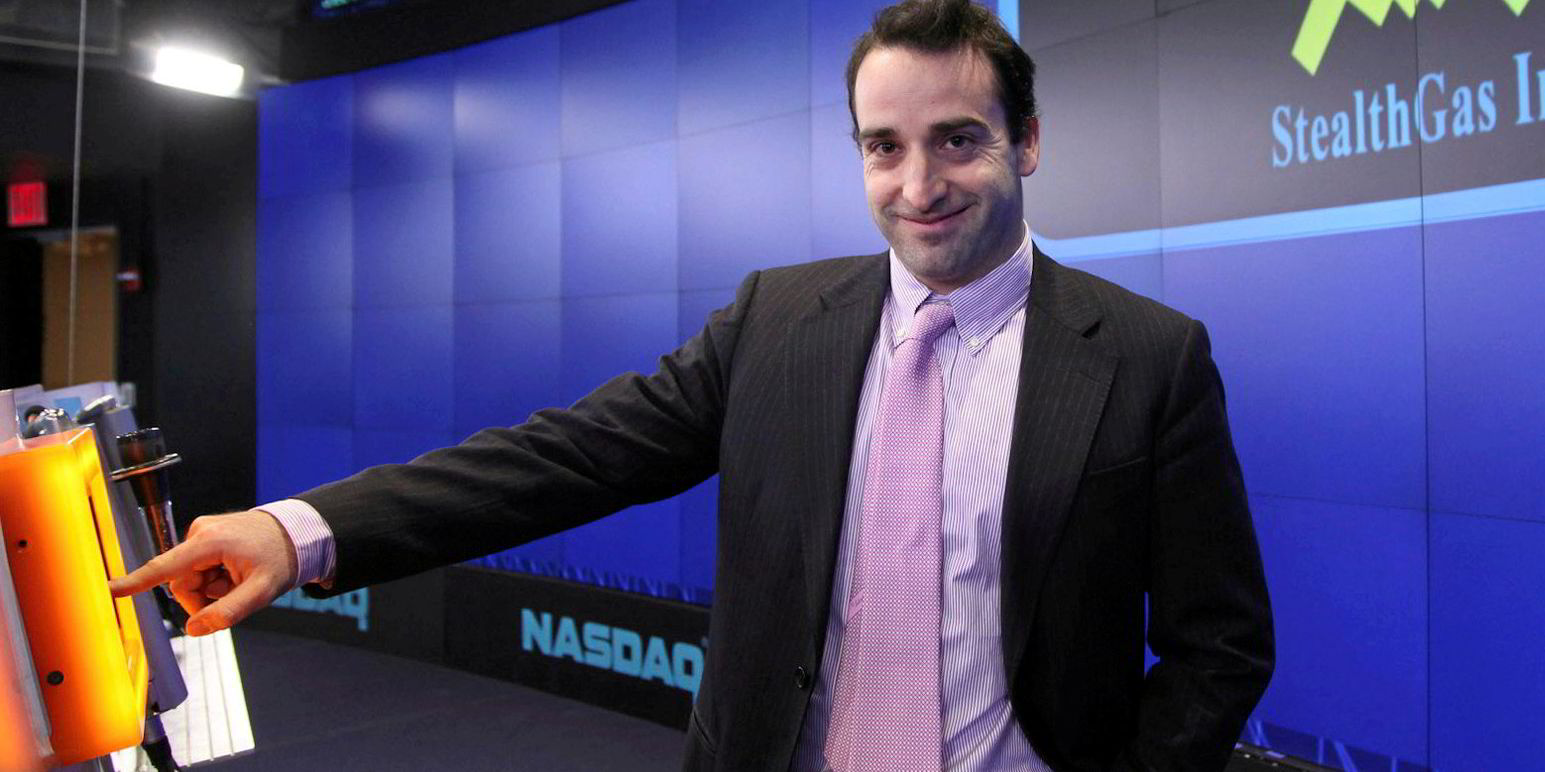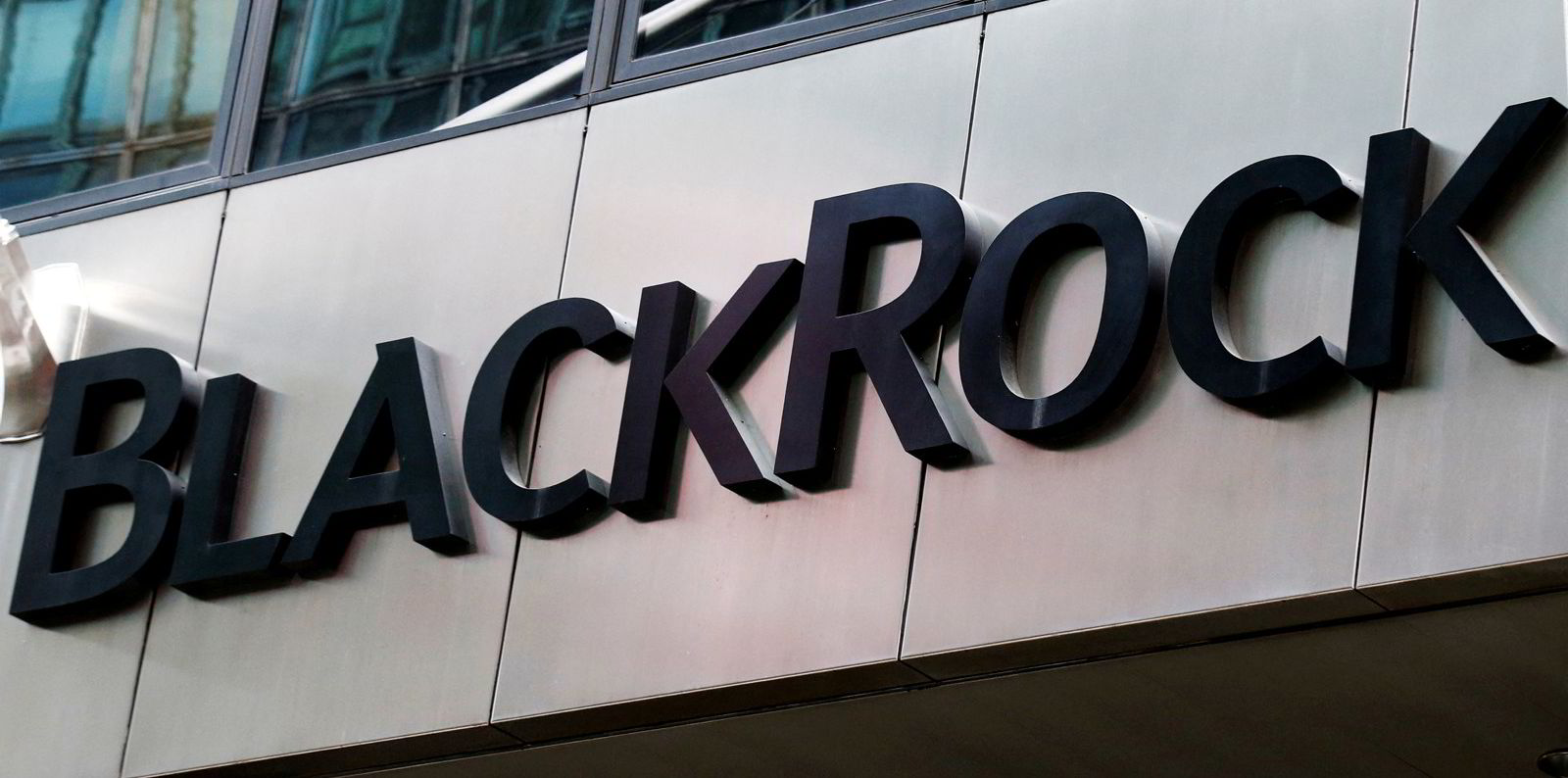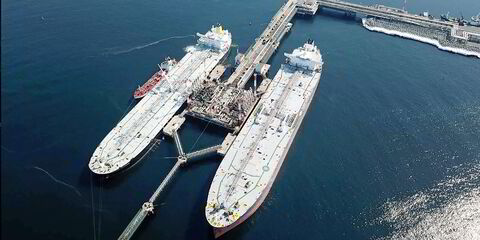Evercore ISI’s Jonathan Chappell has just passed the 20-year mark as a shipping analyst and he admits he has never had as tough a challenge as figuring out the right timing to steer investors back into public tanker stocks.
Keep in mind that Chappell does not fit the mould of the “perma-bull” analyst who always sees a rally around the corner.
He has been called “bearish”. He has been called a “curmudgeon”. But mostly he is a thorough, fair-minded and conscientious researcher.
And indeed it was Chappell who was among the first analysts to call an end to the tanker bull market caused by the oil war between Saudi Arabia and Russia amid rapid demand destruction from the Covid-19 pandemic.
It was he who declared on 2 May 2020 “the tanker trade is effectively over”.
But he did not mean forever.
And that is where the problem comes in.
Chappell was quite right in his May 2020 call, as tanker rates fell sharply in the year’s second half. But even a market flooded with oil and in need of global inventory destocking has to correct at some point, does it not?
The researcher waited a year, until May 2021, to declare that the turning point was about to come. He admitted in a research note this week that his call was “far” too early — and it was — as we sit here in January 2022 still witnessing one of the worst tanker troughs in decades.
Chappell tried again last August, stating in a note: “The puck is inevitably moving to a tanker-market recovery and investors would do well to lace up their skates and start heading in that direction as well.”
Third time the charm?
His third call of a tanker rebound — perhaps a “hat trick” — came this week, but carried more a tone of gentle persuasion mixed with a note of empathy for investors who would rather stay on the sidelines.
Streetwise caught up with the “dean” of US analysts for his thoughts on why the call has proved so confounding.
“There hasn’t been another call this difficult in my career,” Chappell said, citing the uncertainties created by the worst pandemic in a century.
“This is a much harder period of time to predict inflection points than ever before, just as no one could have predicted the strength of the dry bulk or the container markets last year. The models wouldn’t have worked.”
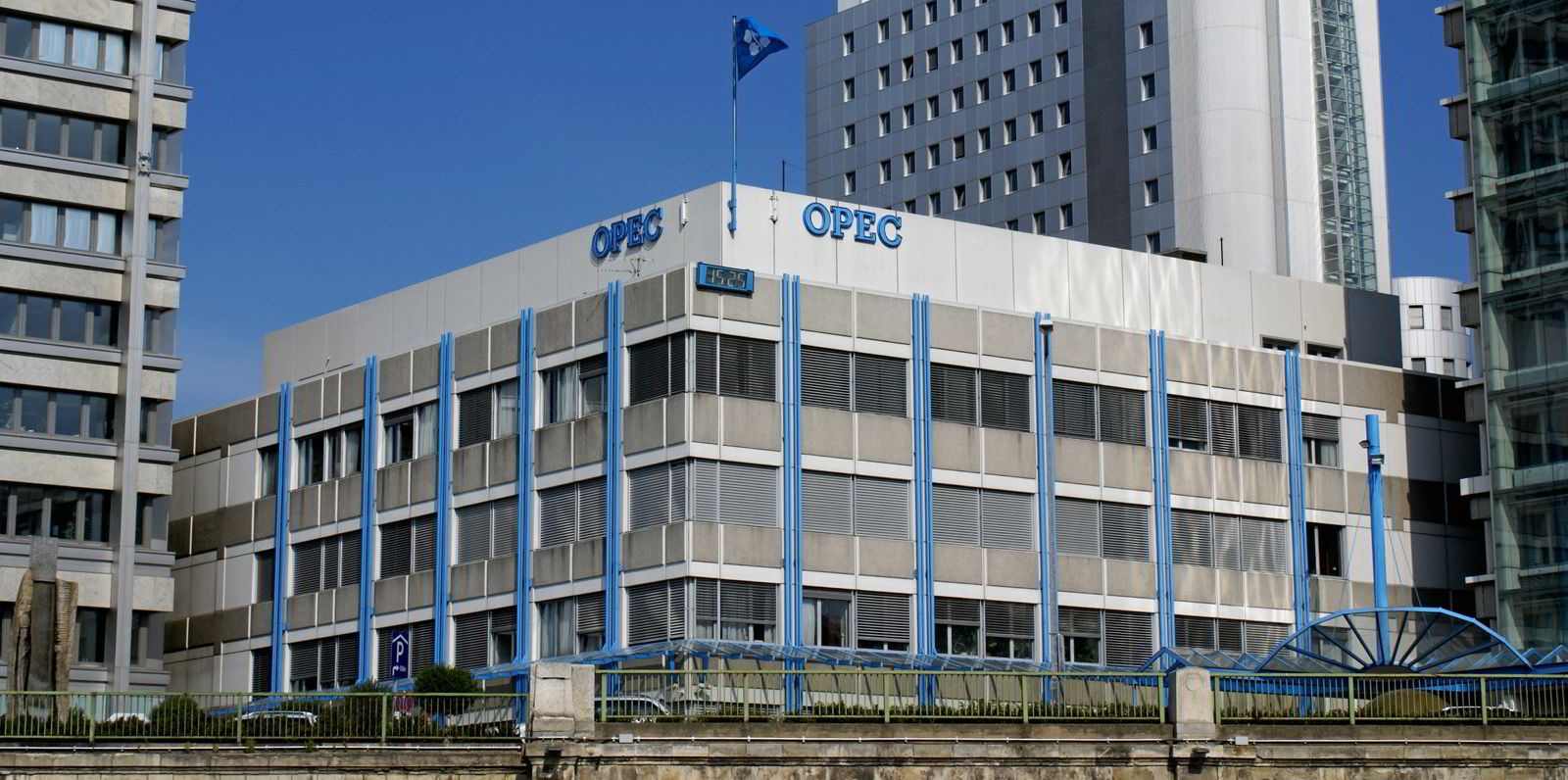
Speaking more specifically to the delay in a tanker market rebound, Chappell cited the inability or unwillingness of some nations in Opec+ — such as West African nations — to meet expanded production targets as demand returns from the Covid-19 effect, leading to reduced tanker utilisation.
The positive fundamentals Evercore cited last May — shrinking inventories and a low tanker orderbook — remain in effect with public tanker stocks even cheaper, now trading at an average 40% discount to net asset value.
Time to invest, but…
This leads Chappell to again urge investors that there is upside to be gained within 2022 even if most tanker owners do not make a profit until 2023.
Yet he also wrote: “If you want to wait until rates are already off to the races, we don’t blame you.”
Asked if this reflected something of a humbled tone, Chappell said: “Maybe a little bit. There’s probably an element of that.
“I think the bigger issue is that the more I do this and the more my coverage broadens, you realise no one has to own shipping names, whereas shipping investors were my entire audience five years ago,” Chappell said, alluding to his expansion of coverage into rails.
“The risk of being early outweighs the risk of being late. And as we’ve discussed, we’re in a time of rising interest rates and shipping falls into that bucket of Nasdaq stocks for better or for worse.
“If you buy too early and the stock goes another 30% down, there is reputational and potential job risk for a professional investor. If you wait and miss the first 10% of the rally, it’s really not a problem.”

